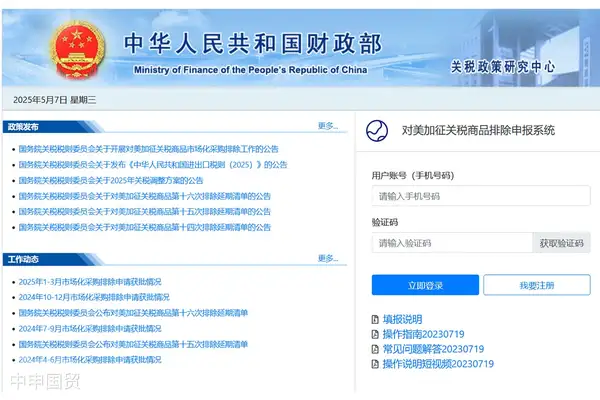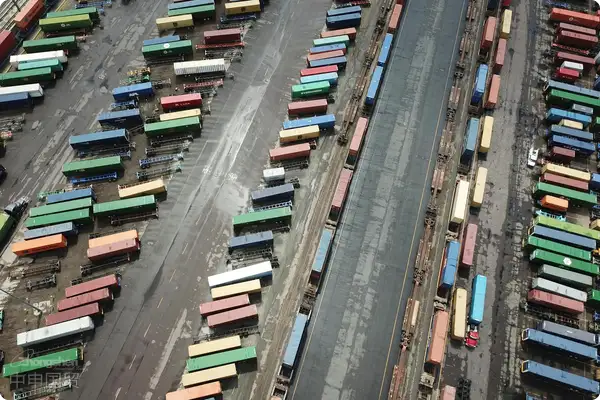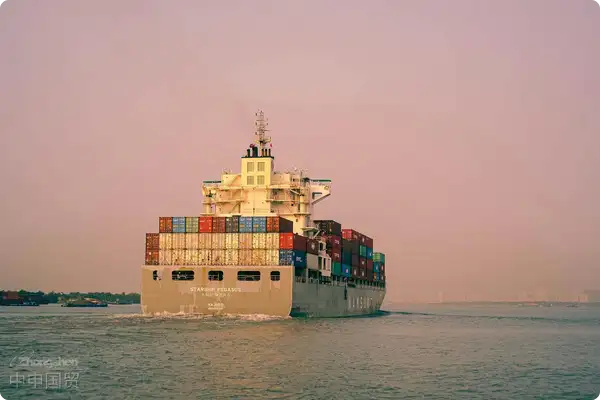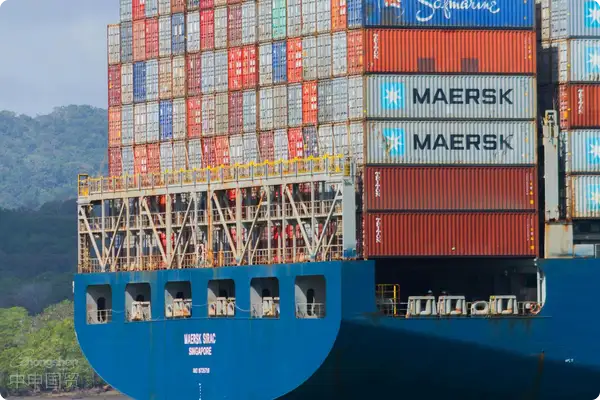- Shanghai Zhongshen International Trade Co., Ltd. - Two decades of trade agency expertise.
- Service Hotline: 139 1787 2118
In response to ongoing challenges in the textile sector, Indonesia has decided to extend textile import tariffs. This decision is part of broader government efforts to support the domestic textile industry, which has faced significant difficulties in recent years. The tariff extension aims to protect local manufacturers from cheap foreign imports, create recovery opportunities for Indonesias textile industry, and enhance its market competitiveness.
In the current economic climate, Indonesian textile producers face multiple pressures from reduced consumer spending and rising production costs. The tariff extension seeks to reduce competition from imported textiles, allowing domestic producers greater market share. Through such protective measures, the Indonesian government hopes to attract more investment into the textile sector, driving industry growth and fostering innovation.
This decision aligns with Indonesias broader economic policies to strengthen key industries and promote sustainable economic growth. The recovery of the textile sector is considered vital for Indonesias overall economic health and employment levels, prompting the government to provide necessary support through tariff extensions to ensure industry stability.
The Indonesian governments decision will be closely monitored, as its effectiveness will significantly impact the textile industrys recovery and the nations overall economic situation. This support reflects the strategic importance of textiles in Indonesias economy and its crucial role in maintaining employment and driving sustainable economic development.
Related Recommendations
? 2025. All Rights Reserved. Shanghai ICP No. 2023007705-2  PSB Record: Shanghai No.31011502009912
PSB Record: Shanghai No.31011502009912










